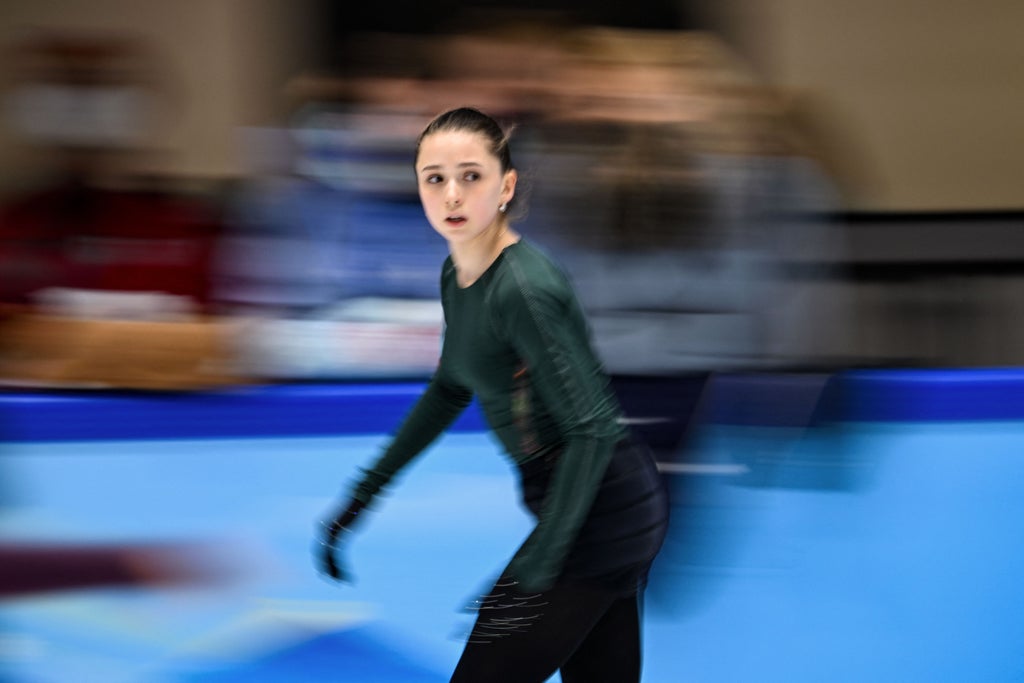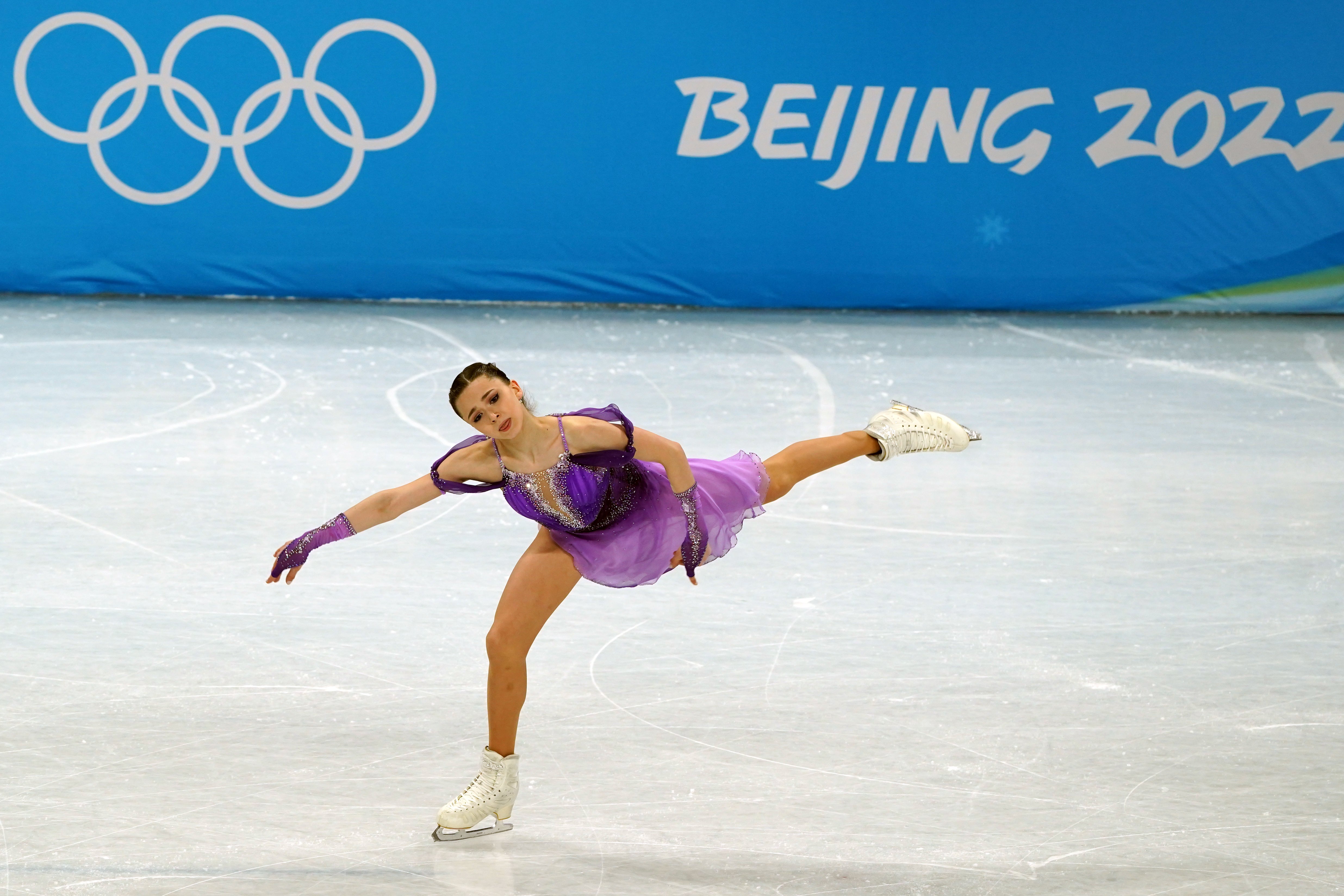
The World Anti-Doping Agency (Wada) says it is “disappointed” by the decision to overturn the Russian figure skater Kamila Valieva’s provisional suspension, after the 15-year-old was cleared to continue competing at the Beijing Winter Olympics despite testing positive for a banned substance.
Wada questioned the ruling by the Court of Arbitration for Sport (Cas ) to not uphold Valieva’s provisional doping suspension after the star figure skater returned a positive sample for the banned heart medication trimetazidine in December.
In making their decision, Cas said there were “exceptional circumstances” in Valieva’s case, citing a section of the Wada code that they claimed made her a “protected person” due to her age.
But in a further twist, Wada stated that Cas had implemented their code incorrectly when they made their ruling and disputed that Valieva should have been granted an exemption.
In a statement following the ruling, Wada said: “It appears that the Cas panel decided not to apply the terms of the code, which does not allow for specific exceptions to be made in relation to mandatory provisional suspensions for ‘protected persons’, including minors.”
Wada have also confirmed that they will investigate Valieva’s entourage, after the teenager produced a positive sample for trimetazidine during the Russian National Championships on Christmas Day. Trimetazidine, which is used to treat chest pain and angina, increases blood flow to the heart and was added to Wada’s list of prohibited substances in 2014.
Wada’s statement continued: “Concerning the analysis of the athlete’s sample, Wada always expects anti-doping organisations to liaise with the laboratories in order to ensure they expedite the analysis of samples so that the results are received prior to athletes traveling to or competing in a major event, such as the Olympic or Paralympic Games and, where applicable, conduct results management of the cases related to such athletes.

“According to information received by Wada, the sample in this case was not flagged by RUSADA [the Russian Anti-Doping Agency] as being a priority sample when it was received by the anti-doping laboratory in Stockholm, Sweden. This meant the laboratory did not know to fast-track the analysis of this sample.
“As previously announced, under the terms of the code, when a minor is involved in an anti-doping case, there is a requirement to investigate that athlete’s support personnel. RUSADA has already indicated it has begun that process. In addition, Wada’s independent Intelligence and Investigations Department will look into it.”
Valieva, who faced the prospect of becoming the youngest athlete to be banned for doping during the Olympic Games, is now free to compete in the women’s singles competition – starting with Tuesday’s short program – in which she is the overwhelming favourite to claim the gold medal.
News of Valieva’s positive test broke last week after a delay in the presentation of medals for the team event, in which Valieva dazzled, becoming the first female athlete to land quad jumps at an Olympics. The result of the team event remains in doubt.
In announcing its ruling on Tuesday, Cas said: “The panel considered fundamental principle of fairness, proportionality, irreparable harm, and the relative balance of interests as between the applicants and the athlete, who did not test positive during the Olympic Games in Beijing and is still subject to a disciplinary procedure on the merits following the positive anti-doping test undertaken in December 2021.
“In particular, the panel considered that preventing the athlete from competing at the Olympic Games would cause her irreparable harm in these circumstances.
“The Cas panel also emphasised that there were serious issues of untimely notification of the results in the athlete’s anti-doping test that was performed in December 2021 which impinged upon the athlete’s ability to establish certain legal requirements for her benefit, while such late notification was not her fault, in the middle of the Olympic Winter Games Beijing 2022.”







